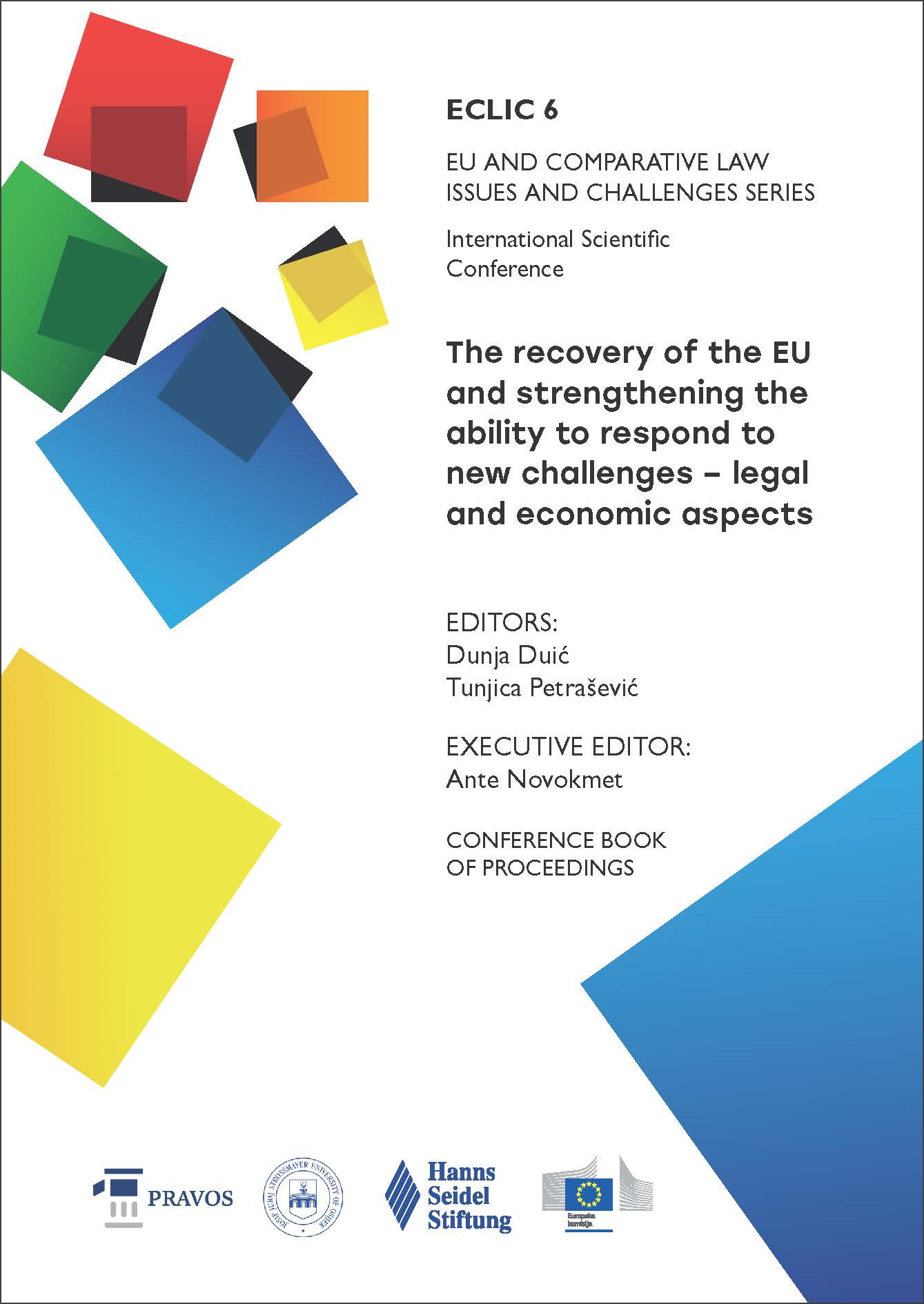MIGRANTS AND SAFETY IN SERBIA DURING AND AFTER CORONAVIRUS PANDEMIC
DOI:
https://doi.org/10.25234/eclic/22437Abstract
The removal of internal borders and the establishment of freedom of movement are important aspects of the EU’s history, but they are not accompanied by a uniform legal system. The migrant dilemma isn’t going away, and the pattern and character of these movements have evolved dramatically over the previous six decades. The author of this article addresses the issue of migrants’ position in Serbia’s rural areas during the coronavirus pandemic. During the period of emergency, Serbia enacted policies that imprisoned migrants in detention centres, effectively depriving them of their liberty. According to the government’s reasoning, it was done to protect migrants’ health. Given the rising violence between migrants and the local people, the question is whether the state intended to safeguard migrants’ health or citizens from migrants in this manner. The author conducted a survey in these areas, explains the findings in depth, and draws a conclusion based on his findings. The paper is comprised of several units. In the first place, the author briefly explains the state of emergency in Serbia and gives an overview of migration centers in Serbia. The central part of this paper deals with the research between citizens in relation to migrants, both in their general attitude and in terms of the relationship between migrants and crime. Residents of migrants’ areas were surveyed, as the author believed thought that due to the location of migration centres, they would be most affected by waves of migrants and possibly, crimes committed by migrants. The author set two initial hypotheses and both were confirmed, and according to the research, the population has a negative attitude towards migrants. At the same time, most respondents show distrust of the state’s claim that migrants are imprisoned for their health. The author believes that this move by the state at that time was a hasty reaction in order to prevent the uncontrolled movement of migrants and the potential spread of the infectious coronavirus disease. In the same time, the author tries to answer to the question about the migrants’ position today and in the near future.
Downloads
Published
How to Cite
Issue
Section
License
Copyright (c) 2022 Veljko Turanjanin

This work is licensed under a Creative Commons Attribution-NonCommercial 4.0 International License.
Authors retain the copyright on the papers published in the Journal, but grant the right of first publication to the Journal. Papers accepted for publication or already published in ECLIC of the Faculty of Law in Osijek may be published by the author(s) in other publications only with proper notice of its previous publication in ECLIC.


